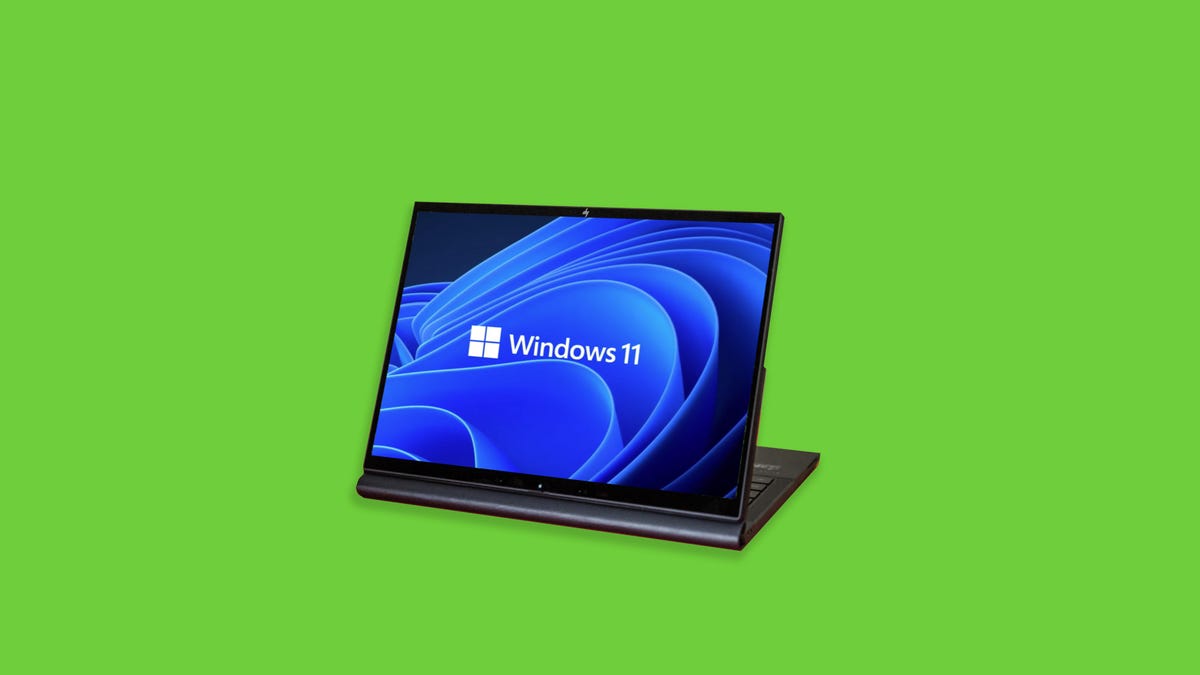[ad_1]
Picking the best antivirus software for Windows means finding one that keeps your PC safe, doesn’t take up a lot of system resources, is easy to use and stays out of the way till you need it. Here’s what to look for.
Effectiveness: Antivirus software runs virus scans for known viruses and malware, of course, and can offer real-time protection. And it watches for shady websites and suspicious links to keep you out of trouble. It can also offer ransomware protection and monitor unexpected behavior that may be a sign of new and not-yet-identified viruses and malware. You want antivirus software that can successfully identify these unknown online threats without flagging too many false positives.
Light on system resources: You don’t want antivirus software that taxes your PC’s resources. If after you install the program, websites open slowly, apps download or open sluggishly or file copies take longer than expected, you may want to try another service. The good news is, all our picks offer a free trial or money-back guarantee to let you try out the antivirus program, so if your system feels sluggish after installation, you may want to keep looking.
Cost and discounts: Don’t just pay the sticker price for antivirus protection. Before you buy, check for discounts on a company’s website. Another way to save: The prices we list above are for 10 devices — if the company offered that package — but you can trim your cost with antivirus packages if you need to cover three or five devices. You may also find discounts on an app’s Amazon page.
Privacy: To be effective, antivirus software needs to monitor what’s going on with your PC, check in with company servers about unusual behavior and should provide sound banking protection. The companies say they anonymize this technical data as much as possible to protect your privacy. But if you want to know more, the security companies on our list post privacy policies on their websites, so read their privacy statements to learn what the companies do with the information you share.
Protection for other platforms: Microsoft is by far the biggest target for viruses and malware. But Android is second, with just under 1% of apps installed on Android devices with Google Play Protect in the potentially harmful app, or PHA, category.
The threat to MacOS and especially iOS is low, in part because of the tight control Apple has over its app stores. While the Mac does come under attack via side-loaded apps, it’s rare, and if you download apps only from the Mac and iOS app stores and keep your guard up when clicking links and download files, you should be OK without an antivirus app on Apple devices.
[ad_2]
Source link






